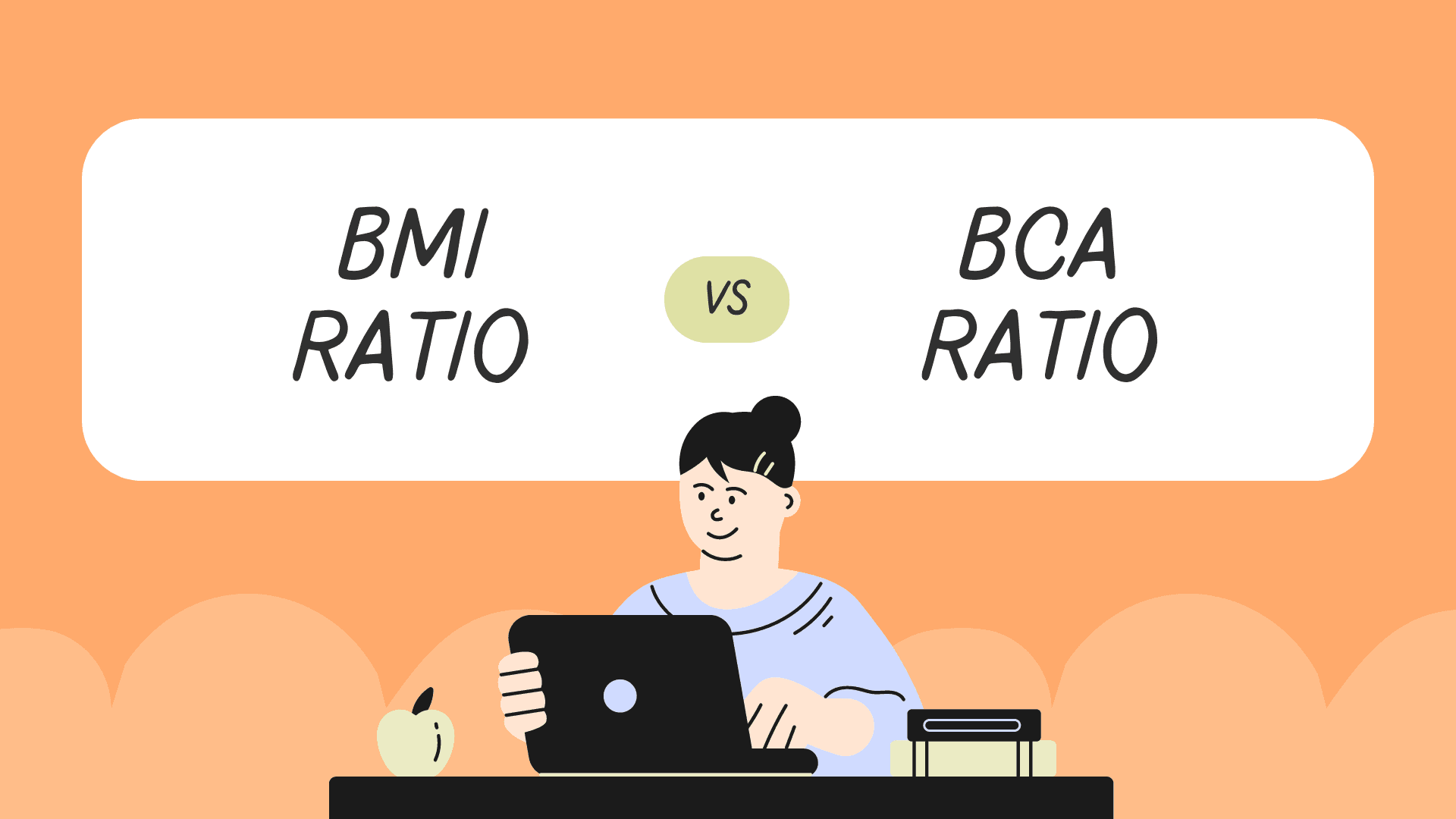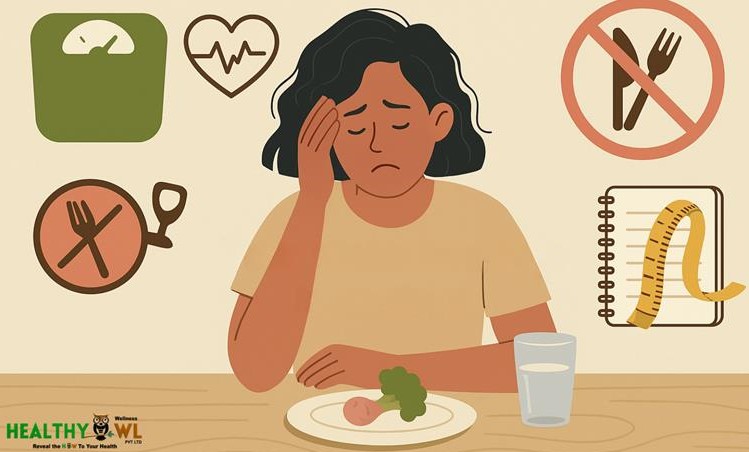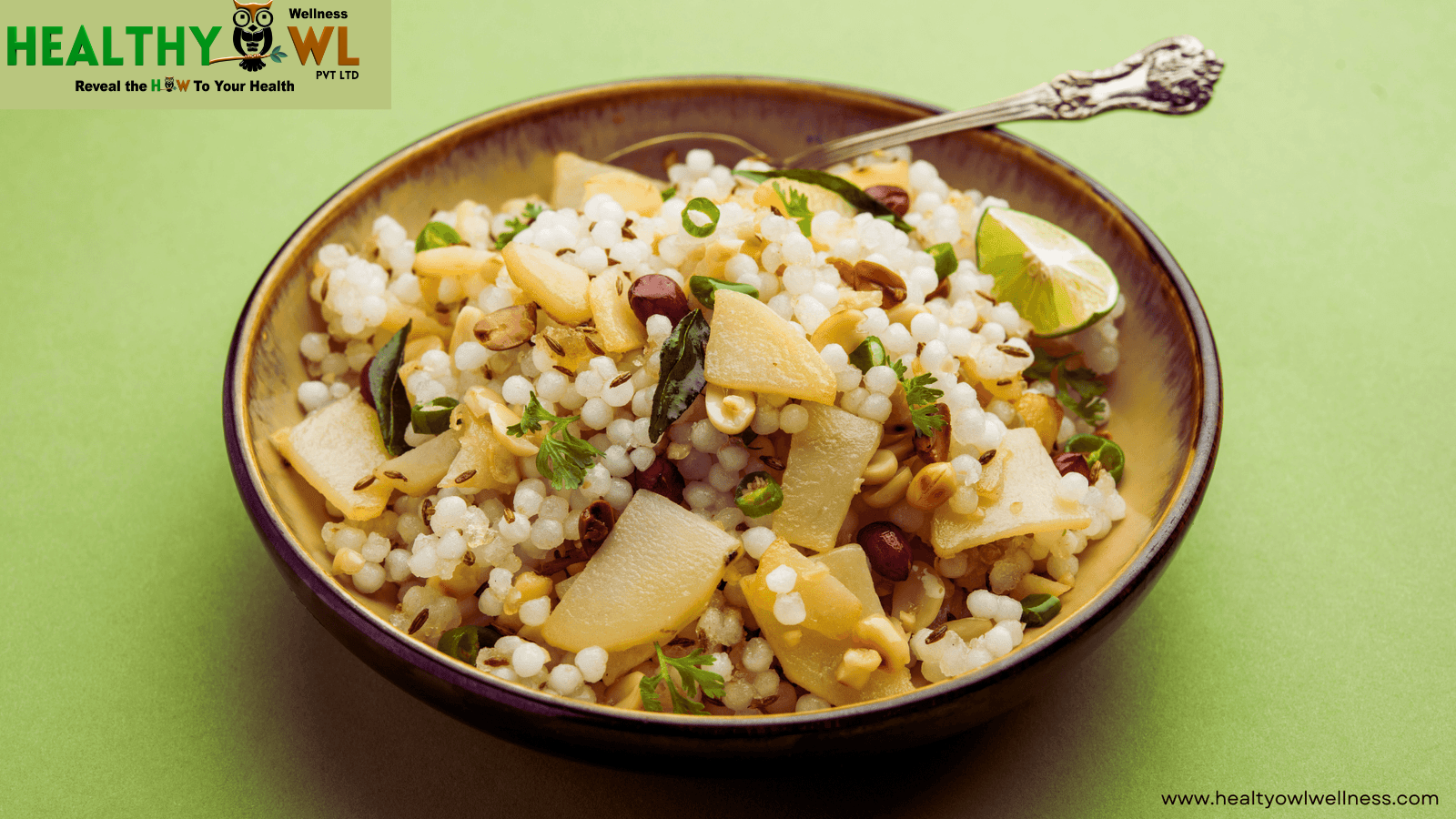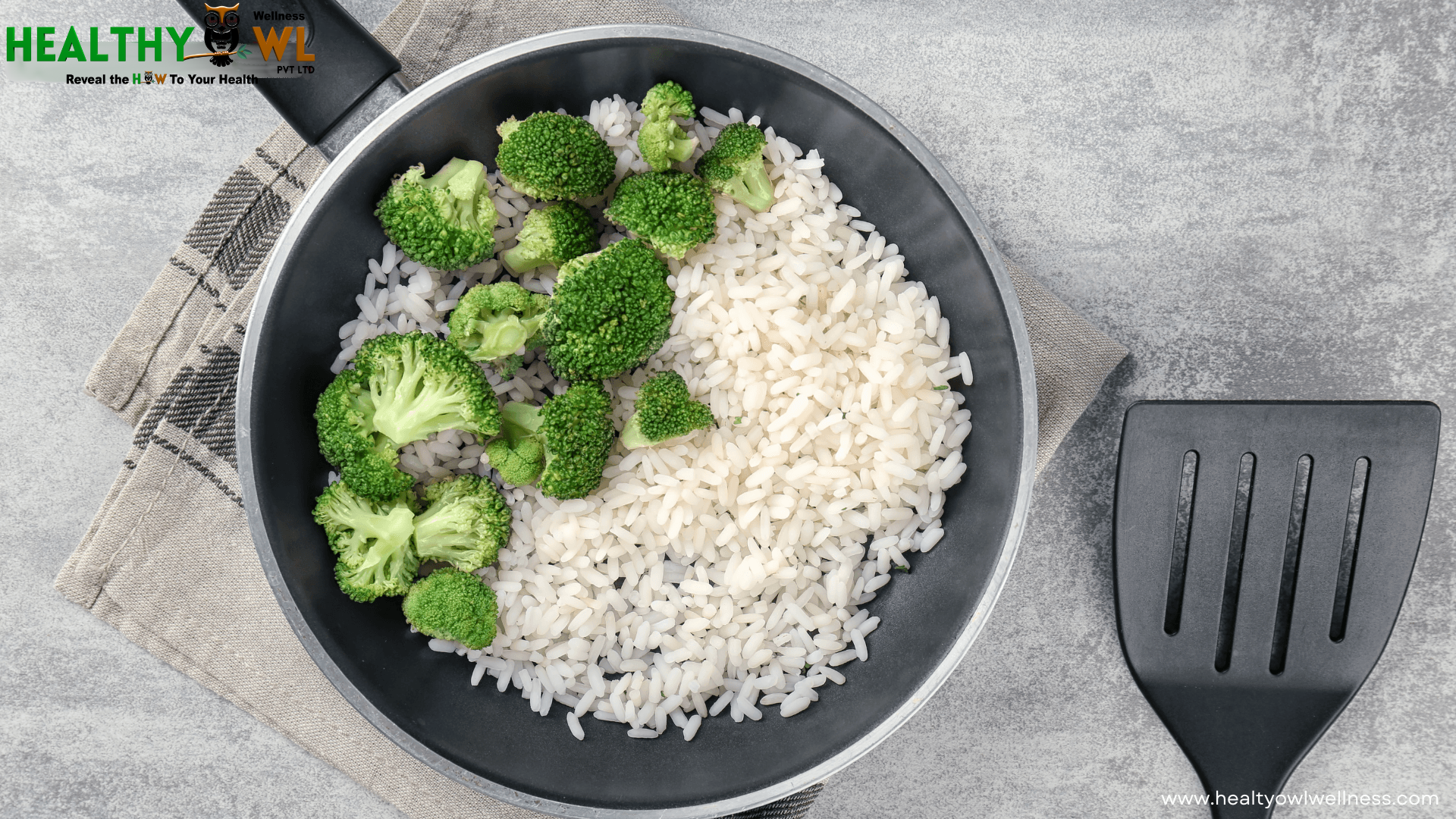In the search for better health, many turn to processed or fad diets that promise quick weight loss or instant health fixes. But while these approaches might offer temporary changes, they rarely deliver sustainable, long-term results. The truth is, real progress comes from real, whole foods.
Let’s explore why processed diets often fail and how whole, unprocessed foods can truly transform your health.
The Problem with Processed Diets
Processed diets may seem convenient, but they come with significant downsides:
- High in Empty Calories: Processed foods are often packed with refined sugars, unhealthy fats, and additives that provide little to no nutritional value. These foods may give you a quick energy boost but often leave your body undernourished and craving more.
- Nutrient Deficiency: During food processing, essential nutrients like vitamins, minerals, and fiber are stripped away. This leaves you with foods that fill your stomach but don’t meet your body’s nutritional needs.
- Short-term Results: While fad diets may lead to temporary weight loss, these results are typically unsustainable. They often rely on cutting calories drastically or eliminating entire food groups, leading to rebound weight gain once you return to regular eating habits.
Why Whole Foods Work
Whole foods are the cornerstone of long-term health. They are nutrient-dense and promote better physical, mental, and even gut health, giving you the foundation for lasting wellness.
1. Nutrient-Packed for Optimal Health
Whole foods, such as fresh vegetables, fruits, legumes, and whole grains, are rich in the vitamins and minerals your body needs for proper functioning. Unlike their processed counterparts, they maintain the nutrients your body depends on for everything from energy production to disease prevention. Whole foods are also loaded with antioxidants and fiber, which support your immune system and improve overall vitality, helping you feel better from the inside out.
2. Supports Gut Health
A healthy gut is essential for digestion, immunity, and even mood regulation. Whole foods, especially those rich in fiber like fruits, vegetables, and legumes, feed beneficial gut bacteria, promoting a healthy microbiome. This helps regulate digestion, reduces inflammation, and even improves mental well-being. Processed foods, on the other hand, can lead to gut imbalances, contributing to issues like bloating, indigestion, and food sensitivities. When you nourish your gut with whole foods, you support a healthier digestive system and a more balanced, energized body.
3. Steady Energy and Fullness
Processed foods cause quick spikes in blood sugar followed by crashes, leaving you tired and craving more. Whole foods, with their balanced mix of macronutrients and fiber, provide sustained energy that lasts throughout the day. Foods like oats, nuts, and legumes keep you fuller for longer, naturally curbing cravings and reducing overeating.
4. Long-Term Weight Management
Whole foods support a balanced approach to eating without the drastic restrictions of fad diets. By focusing on a variety of proteins, healthy fats, and carbohydrates, you can manage weight in a sustainable way, all while feeling satisfied. With whole foods, there’s no need for extreme calorie counting or obsessing over portion sizes—the body naturally adjusts to the nutrients it receives, helping you maintain a healthy weight over time.
The Power of Professional Guidance
While whole foods offer countless benefits, it’s important to note that every person’s nutritional needs are unique. If you’re looking to make significant changes to your diet, it’s always a good idea to seek advice from a certified nutritionist who can tailor a plan to your specific goals and lifestyle.
Real food means real results, but getting there doesn’t have to be difficult. With the right guidance and a focus on whole, nourishing ingredients, you can build a healthy foundation that lasts a lifetime.
Ready to transform your health with a whole food approach?
Book an appointment today to receive personalized advice from a certified nutritionist, and start your journey toward sustainable wellness.












